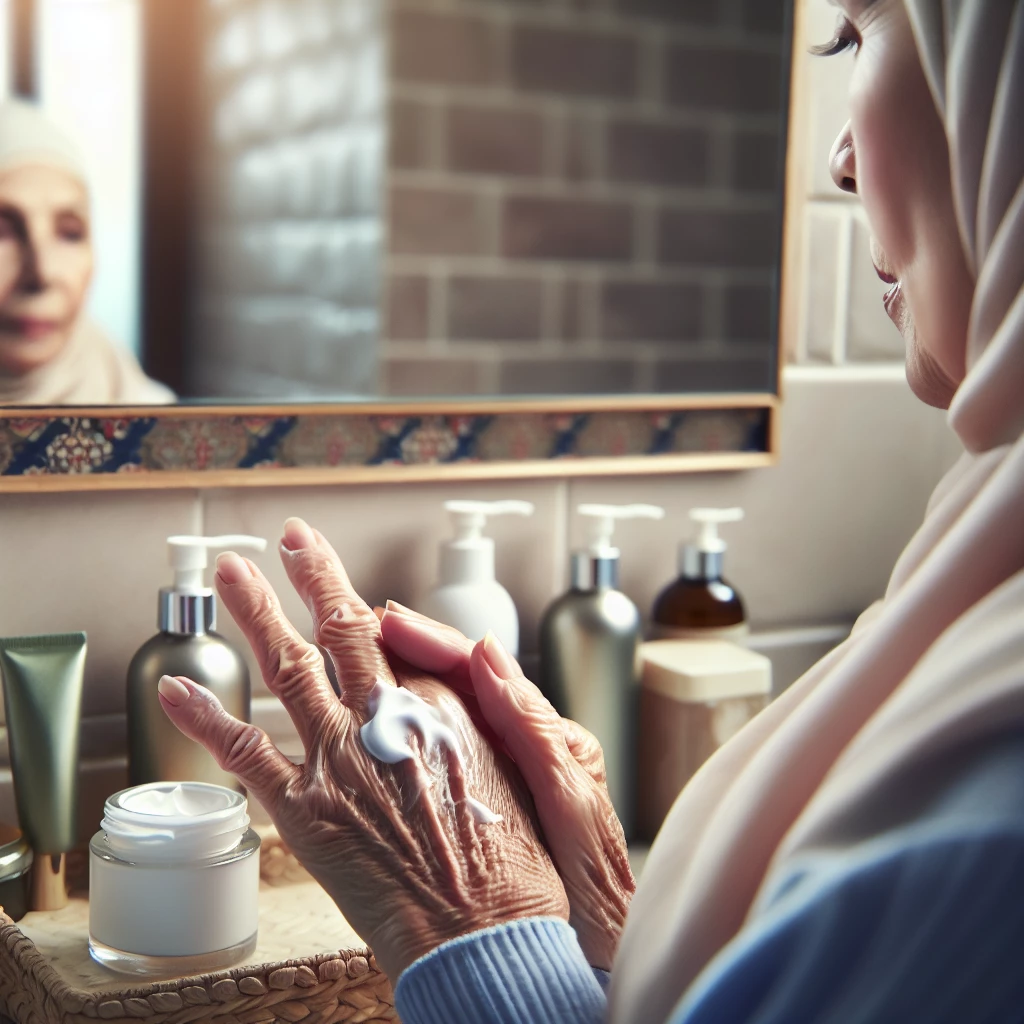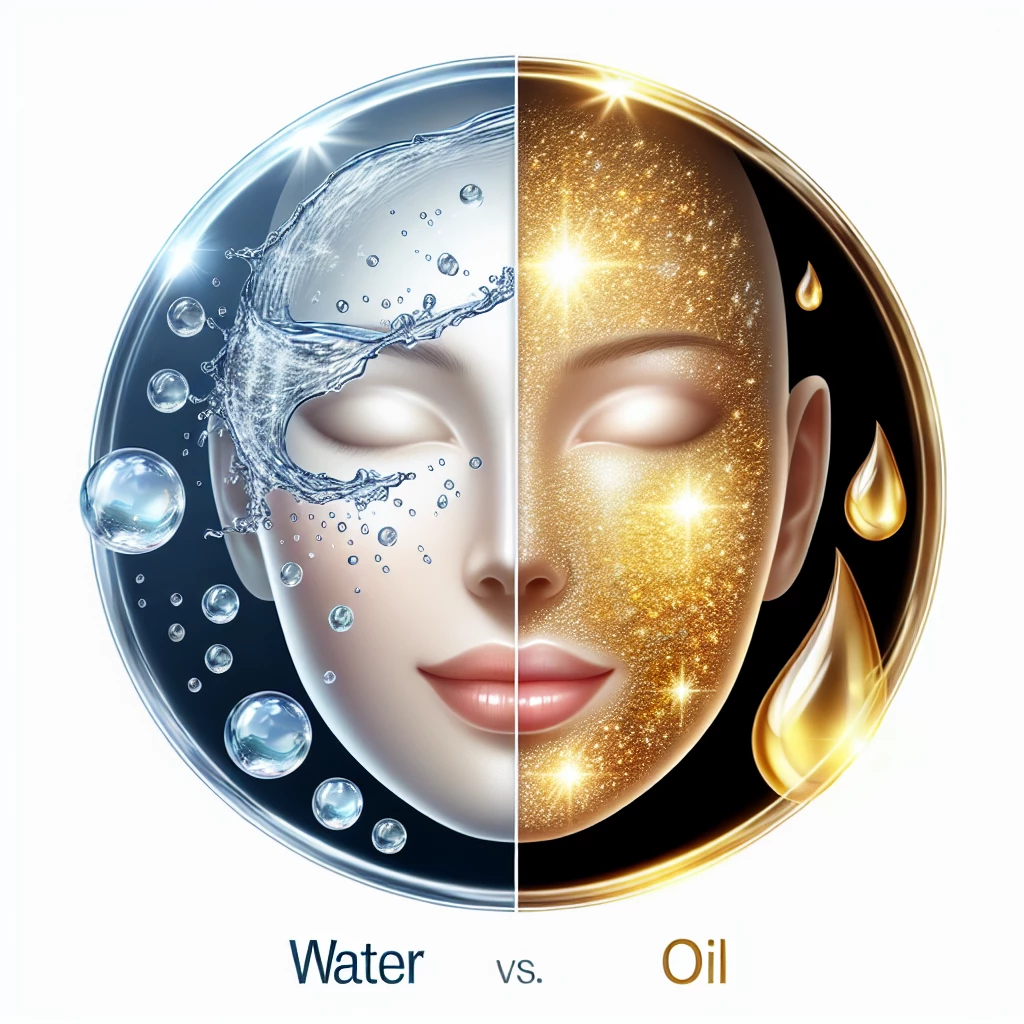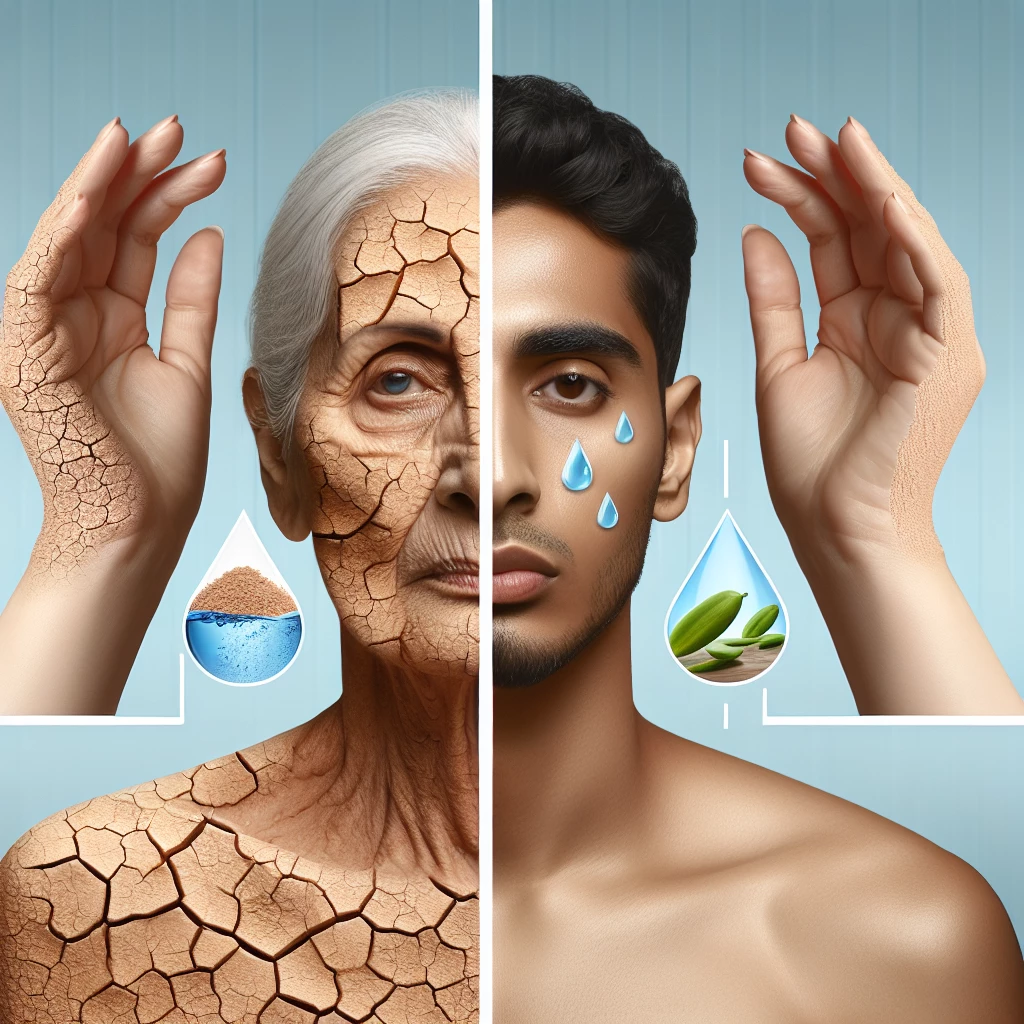Welcome to another blog post here at Makeup Queens. Today, we will be diving into the importance of moisturizing in your skincare routine. We believe in the mantra of 'Hydrate or Fade.' This post will explore why the skin needs constant hydration and the benefits it carries. You will understand how moisturizing plays a key role in maintaining a youthful, vibrant complexion and protecting your skin.
Understanding the Role of Moisturizing
Hydrated skin is healthy skin. Moisturizing is a vital step in any skincare routine because it provides hydration to the skin directly. It helps to replenish and hold in necessary moisture, ensuring your skin stays soft, supple, and well-nourished. Just as our bodies need hydration to function optimally, our skin, too, needs that extra boost to maintain its texture and elasticity.
Without proper moisturization, skin tends to become dry, rough, and dull. Dry skin often leads to itchiness, causing discomfort and sometimes even leading to more severe skin issues like eczema or dermatitis. Regular moisturizing will support your skin's barrier function and prevent these problems.
Moisturizing also correlates with anti-aging. Aging skin loses its capacity to retain moisture, making wrinkles and fine lines more apparent. By keeping skin well hydrated, we minimize these visible signs and slow down the aging process.
Choosing the Right Moisturizer for Your Skin Type
The choice of moisturizer plays a significant role in your skincare routine. Moisturizers come in various forms — lotions, creams, gels, ointments, etc. — and it's crucial to choose the right one that matches your skin type and concerns. Everyone's skin is unique; what works for one may not work for the other.
For oily skin, it's recommended to use a water-based or gel-based moisturizer that won't clog pores. For dry skin, cream-based moisturizers with ingredients that lock in moisture like hyaluronic acid, glycerin, and ceramides are beneficial.
Sensitive skin needs special care. Always look for hypoallergenic, fragrance-free moisturizers with soothing properties like aloe vera or chamomile. Remember, always do a patch test before trying any new product.
The Correct Way to Apply Moisturizer
Applying moisturizer seems straightforward, but there's a correct way to do it. For maximum skin benefits, apply your moisturizer directly after cleansing and toning, while the skin is still damp. It helps the moisturizer absorb better and lock in the hydration.
Take a small amount of moisturizer and warm it between your fingers. Then, using upwards strokes, gently massage it onto your face. Don't forget your neck; it's an often-neglected area that needs moisturization as well.
For daytime use, follow up with a suitable sunscreen to protect your skin from harmful sun damage. Remember, even the best-moisturized skin can get damaged if left unprotected.
By now, it should be clear how vital moisturizing is in our skincare routine. It is more than a pampering luxury; in fact, it's a necessity for healthy, radiant skin. Remember, 'Hydrate or Fade' - the choice is yours! Stay tuned for more skincare tips here at Makeup Queens. Keep that skin glowing!

Age Gracefully: Mature Skin Care
Delve into the changes that come with aging skin and the best practices to ensure its health and vitality.

Vitamins for Victory: Skin Nutrients
Discover the key vitamins that contribute to skin health and the best ways to incorporate them into your skincare routine.

Exfoliation 101: Clearing the Surface
Dive into the process of exfoliation, uncovering its benefits and learning how to properly exfoliate for brighter, smoother skin.

Skin Hydration: Water vs. Oil
Get insight into the importance of hydration in skincare routines and understand the difference between water-based and oil-based products.
